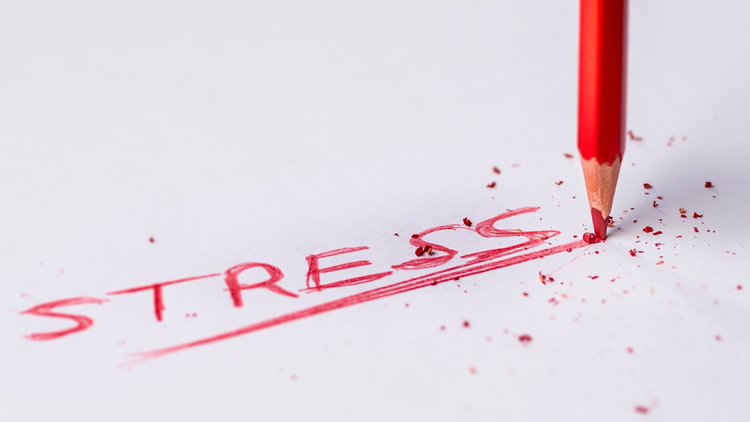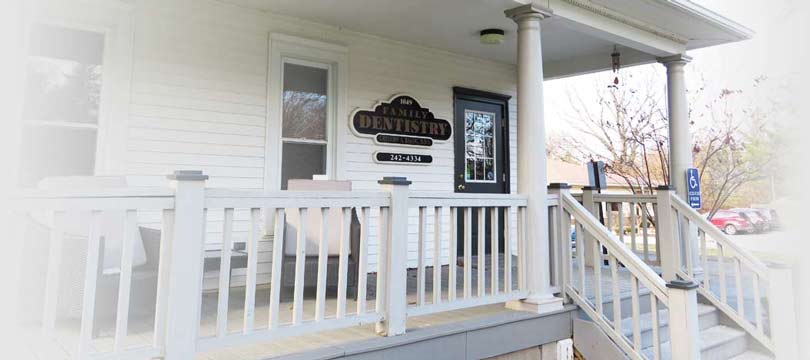
Teeth grinding, also known as bruxism, can cause serious damage to your teeth that might require restorative or cosmetic procedures in order to repair the teeth. However, teeth grinding varies from person to person when it comes to how intense the grinding is. Those who clench and grind often will likely experience some symptoms while others may not get any symptoms at all.
It can be difficult to know if you grind your teeth without having a professional exam your teeth, especially when the majority of teeth grinding happens during sleep. Even then, your grinding might be a such a dull intensity that the impact might take years until any changes in your teeth become noticeable. This is where preventative measures can go a long way.
Whatever the case, here is some guidance on how you can spot and treat teeth grinding.
Causes of Teeth Grinding
As to the reasons we grind our teeth, the most common explanation has been associated with stress and anxiety. High pressure careers or life circumstances often can lead to teeth grinding. Additionally, an abnormal bite, missing teeth or crooked teeth can also cause grinding due to the misalignment of teeth. Finally, sleep apnea and other sleep disorders have been linked to teeth grinding.
Signs You Might Be Grinding Your Teeth
In most cases you’re going to need to see a dentist in order to determine if you show signs of teeth grinding. However, in some cases there are two common symptoms that you might experience if you grind or clench your teeth: you experience headaches upon waking or your jaw is sore in the morning. Other, more advanced symptoms could be fractured or loosened teeth or actual loss of teeth.
Treating Teeth Grinding
The plan of treatment for teeth grinding will depend on how much the grinding has impacted the teeth. In some advanced cases where teeth have fractured, loosened or have been worn down to stumps, a variety of dental treatments are available including bridges, crowns, root canals, implants and dentures.
However, for those experiencing teeth grinding but have very few symptoms or issues, your dentist can help you develop a program to protect your teeth and treat the grinding habit. One of the most common preventative measures of teeth grinding is to get a bite guard or mouth guard. (Below is our digital imaging tool we use to fit you for bite guards.)
Your dentist might also recommend the following:
- Start an exercise program to alleviate stress
- Research additional methods for minimizing or reducing stress
- Avoid caffeine and alcohol
- Avoid chewing gum and chewing on non-food items (pens, pencils, straws, etc.)
- Pay attention and stop your clenching during the day
- Relax jaw muscles at night by holding a warm cloth against the cheek before bed
If you think you might be grinding your teeth, make an appointment today and we’ll help you address the issue.

 Request an Appointment
Request an Appointment